Premium Only Content
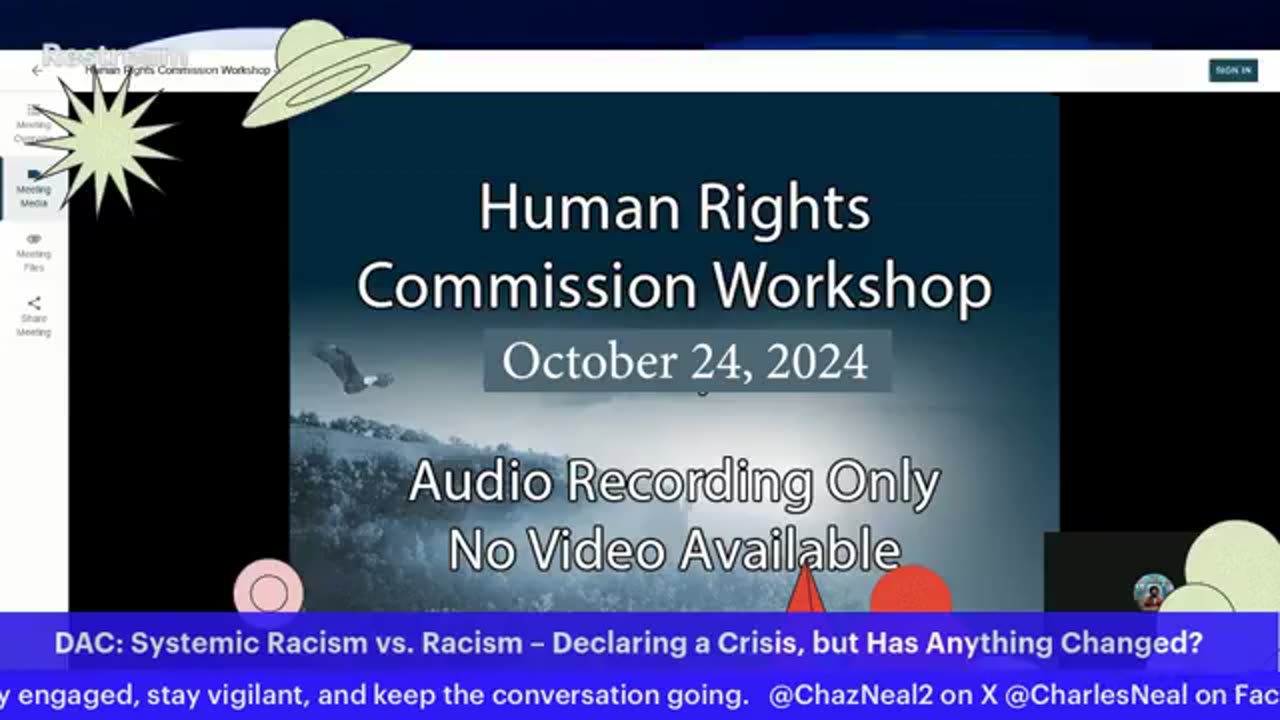
DAC: Systemic Racism vs. Racism – Declaring a Crisis, but Has Anything Changed?
Welcome to Da Urban Conservative, where we tackle the topics that others shy away from. Today, we’re going to talk about racism. Not the “oh, that person made a racist comment” kind of racism, but the deep-rooted, invisible machinery of systemic racism. You know, the kind that goes beyond individual acts or words—the kind that shapes outcomes, resources, opportunities, and, ultimately, lives.
So, let’s start with the basics. Racism, in its most straightforward form, is prejudice, discrimination, or antagonism directed at someone of a different race based on the belief that one’s race is superior. It’s personal; it’s in your face. It’s an act, a comment, or maybe a look.
Systemic racism, though, is another beast entirely. This isn’t about one person’s prejudice or one bad cop, teacher, or landlord. Systemic racism is baked into the very structure of society—it’s the schools, housing policies, criminal justice system, employment practices, and healthcare systems that tilt the odds against Black and Brown communities, day after day. It’s like a web that stretches across generations, catching certain people in cycles of limited opportunity, poverty, and discrimination, while others go forward, often without even noticing it.
In 2020, after George Floyd’s death, cities across the U.S. started declaring racism a “public health crisis.” Now, that’s a bold statement—a real acknowledgment of what Black and Brown folks have known all along: that racism isn’t just a moral or social issue; it’s killing people. When racism becomes a public health crisis, it’s an admission that the stress of fighting this uphill battle leaves our people sicker, poorer, and more at risk. Racism as a public health crisis means we recognize that Black women die in childbirth at three times the rate of white women, that Black men are more likely to be stopped, searched, and jailed, and that our communities are exposed to more environmental hazards and health risks.
But let’s ask the real question—what’s changed? We’ve seen powerful words in resolutions, statements, and declarations, but has anything meaningful shifted for our communities? Has declaring a public health crisis led to changes that Black and Brown people feel in their everyday lives? Or is this just more lip service?
You see, declarations and resolutions sound good on paper, but they don’t fix broken systems. For something as entrenched as systemic racism, we need more than words; we need resources, policy changes, accountability, and investment. We need to ask: Is funding flowing to mental health support, community health clinics, affordable housing, and quality education? Are there real commitments to dismantling the policies that keep these inequities in place? Or are we still caught in a cycle of committees and studies with no action?
Take a look around and ask yourself—are we just renaming the same problems? Has your local school become more diverse in its teaching staff? Are there more community programs in neighborhoods that need them most? Are policies being rewritten to protect communities instead of policing them? Are police departments reformed, or are they just rebranded? Because if nothing concrete has shifted, then we’re still back at square one, looking at the same system dressed up with a new label.
This episode isn’t about giving you answers—it’s about raising questions that need answering. When we declare racism a public health crisis, we can’t stop there. We have to demand accountability, follow-through, and measurable change. It’s up to us to hold these resolutions to the fire and make sure that our cities, states, and country know that we are watching. Because if we’re not moving forward, then these resolutions are just words—no better than silence.
So, as we close today, I challenge each of you to ask this in your communities: What has declaring racism a crisis changed here? Where is the funding, the resources, and the commitment? Because if the only thing that’s changed is the conversation, then it’s time to demand more. Until then, stay tuned, stay aware, and let’s keep fighting the good fight—because real change won’t happen until we make it happen.
*******
This episode was brought to you by Da Urban Conservative, your source for unapologetic truth, critical thinking, and Black empowerment. Don’t forget to subscribe and share this episode with someone who needs to hear it.
-
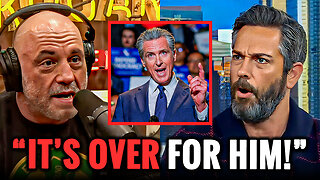 8:47
8:47
Hollywood Exposed
9 hours agoJoe Rogan and Zachary Levi DESTROY Gavin Newsom’s Lies About California
6.32K3 -
 LIVE
LIVE
BlackDiamondGunsandGear
3 hours agoInside NEW Glock V Models / Whats Next? / You giving up Glock?
274 watching -
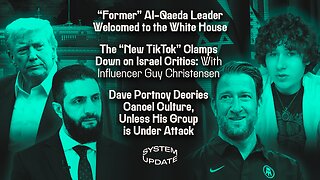 2:05:31
2:05:31
Glenn Greenwald
7 hours ago"Former" Al-Qaeda Leader Welcomed to the White House; The "New TikTok" Clamps Down on Israel Critics: With Influencer Guy Christensen; Dave Portnoy Decries Cancel Culture, Unless His Group is Under Attack | SYSTEM UPDATE #545
123K58 -
 7:30:07
7:30:07
Spartan
8 hours agoNine Sols
7.2K -
 2:34:56
2:34:56
SOLTEKGG
3 hours ago🔴 HUGE UPDATE - Veterans Day | Redbull x Dogtag Giveaway
8.84K1 -
 1:23:36
1:23:36
Flyover Conservatives
12 hours agoTough Love for Trump: What Must Change Now to Win Back America - Dennis Michael Lynch | FOC Show
18.7K4 -
 1:56:43
1:56:43
The White House
5 hours agoAbove, Below & Beyond: A Presidential Special
31K14 -
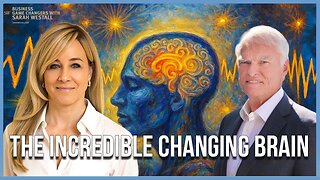 1:12:44
1:12:44
Sarah Westall
4 hours agoYounger Brains Have Changed! Human Beings are Different Now w/ Neurologist Dr Jack McCallum
19.9K5 -
 2:24:49
2:24:49
megimu32
3 hours agoON THE SUBJECT: The Movies That Made Millennials — And the Ones That Missed 🎥
15.6K6 -
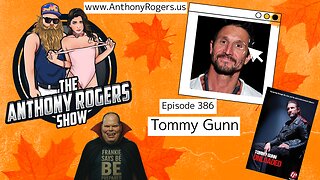 1:06:46
1:06:46
Anthony Rogers
1 day agoEpisode 389 - Tommy Gunn
6.2K